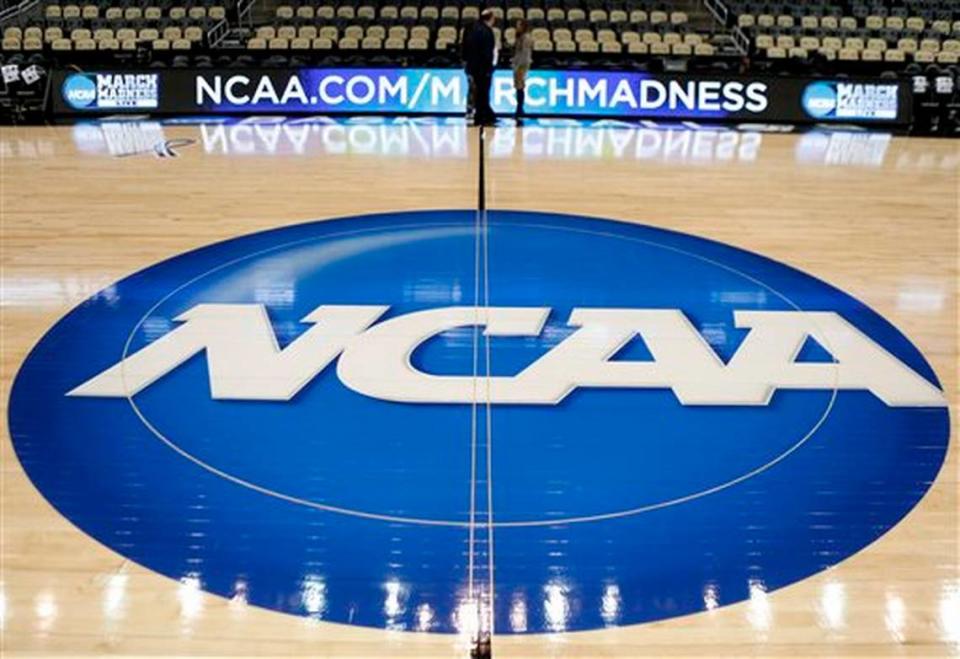UK did not violate Title IX requirements for women’s sports, judge rules in lawsuit

The University of Kentucky did not violate Title IX requirements when offering opportunities for women to participate in sports, U.S. District Court Judge Karen Caldwell ruled Monday.
The ruling comes more than a year after a three-day trial in which former UK students alleged the university didn’t offer equal opportunities for women to participate in varsity sports. The federal lawsuit was originally filed by two UK students in 2019, but later became a class-action lawsuit.
“Plaintiffs have failed to prove that the selection of sports and levels of competition at UK do not effectively accommodate the interests and abilities of UK’s female students,” Caldwell wrote in the ruling.
Lawyers for UK argued during the trial the university has expanded opportunities for women in sports, adding more than 100 female athletes in the past 10 years and a varsity stunt team.
Additional women’s sports have not been added because of the results of an interest and ability survey, where students self-report their ability to play a sport at the collegiate — specifically Division I — level, they said during the trial.
Lawyers representing the student athletes did not immediately respond to a request for comment.
““The University of Kentucky fully complies with Title IX and its regulations concerning participation in intercollegiate athletics. As a campus community, we care deeply about these issues,” UK spokesperson Jay Blanton said.
“With 23 sports, UK has the broadest based athletics program in the Southeastern Conference. The current sports offerings fully accommodate the interests and abilities of our undergraduate students. We are pleased that the court recognized this and ruled in the university’s favor today.”
Lawyers for the student athletes argued UK does not meet the requirements of Title IX, which says schools have to provide sufficient opportunities for women athletes.
Multiple requests have been made to elevate women’s club sports to the varsity level, including the field hockey, lacrosse and equestrian teams, but the university determined there was not enough interest among its current student body to create teams in those areas.
In the ruling Monday, Caldwell said that while UK fails to meet certain Title IX requirements, that “is not by itself a Title IX violation.”
The trial and ruling looked at the “three-prong test” related to Title IX:
Substantial proportionality, meaning a school’s ratio of female participation in athletics is close to the ratio of female enrollment
A history and pattern of adding participation opportunities.
Full and effective accommodation of athletic interests of women.
A university can be in compliance as long as they are “continually expanding athletic opportunities in an ongoing effort to meet the needs of the underrepresented gender,” the ruling says.
Data about the number of women’s varsity teams added — including adding cheer, dance and STUNT teams as varsity sports and women’s soccer as a junior varsity sport — and the interest and ability survey sent to students about the level of interest in varsity sports showed that “UK has not proved either a history or a continuing practice of program expansion.”
However, plaintiffs failed to meet their burden of proof for the third prong, “full and effective accommodation of athletic interests of women,” Caldwell said.
Lawyers for the students focused their arguments on field hockey, lacrosse and equestrian team opportunities for women, but did not prove that enough women had the ability to play at the varsity level to form teams, Caldwell said.
“Plaintiffs must prove that there are female students actually able to compete at a varsity level in a sport and that there are enough of them to form a team,” Caldwell wrote.
“Plaintiffs confine their argument to field hockey, lacrosse, and equestrian. For the reasons stated, Plaintiffs have failed to meet their burden in any of these particular sports at this time.”
This story may be updated.

 Yahoo Sports
Yahoo Sports 
